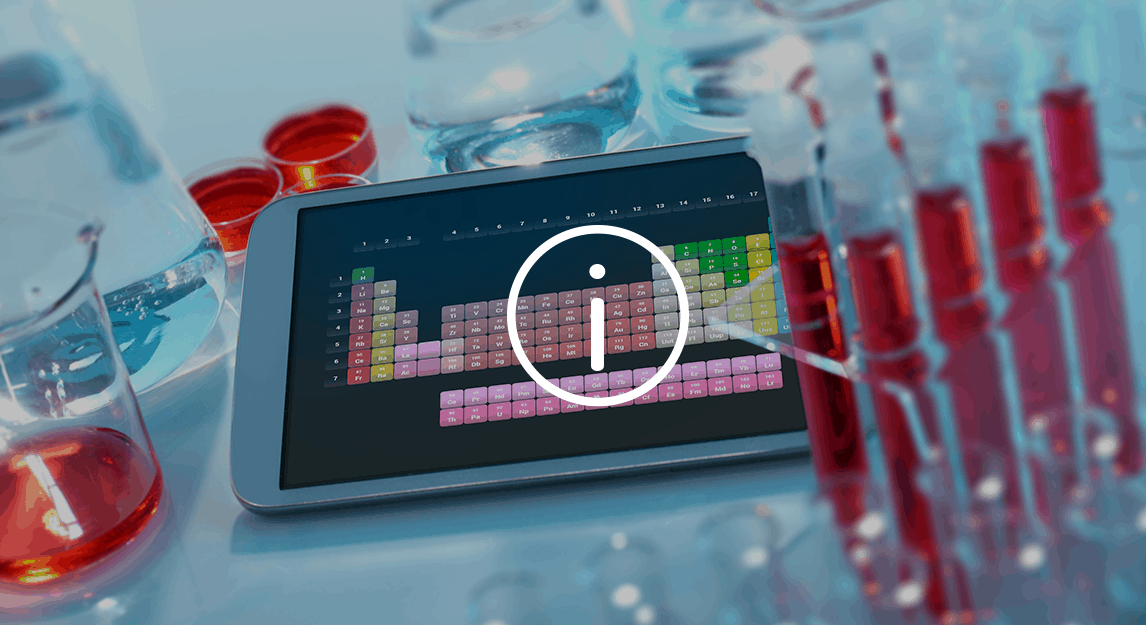
19 Jun #IYPT2019 – What the periodic table has taught us
In our previous article we explained that 2019 marks the 150thbirthday of the Periodic Table of the Chemical Elements. But what are the origins of the periodic table and what did we learn from it? Join us in looking back and discover what the table has taught us to this day.
Celebrate the periodic table with us
BSEF is no exception! Together with the BSEF global representatives, BSEF is also celebrating the International Year of The Periodic Table – #IYPT2019! Watch our video with Nuno Bacharel, BSEF communications manager, and discover why the periodic table has been so important for modern science and innovation:
History of the periodic table
Throughout history, scientists discovered that matter could be composed of various chemical elements other than just earth, wind, water and fire. Observing these different elements suggested that a principle could be used to arrange them. This principle would later be known as the Periodic Table of the Chemical Elements.
Contrary to popular belief, Mendeleev was not the first person who tried to organize the chemical elements into a meaningful chart. French geologist named Alexandre-Emile Béguyer de Chancourtois was the first person to notice the periodicity of chemical elements in 1862.
Other scientists and chemists, including Englishman John Newlands and German Julius Lothar Meyer, published versions of the periodic table before Mendeleev’s system gained widespread attention.
Nevertheless, in 1869 Mendeleev laid the foundations for the iconic arrangement of elements: he listed elements in columns, and lined up the columns to place elements that have similar properties along the same row. The pattern repeats on the basis of similar physical or chemical characteristics of the elements.
Later refinements and adjustments resulted in the modern periodic table as we know it today.
The periodic table today
 To this day, there are 118 confirmed elements, neatly ordered according to atomic number (the number of protons found in the nucleus of each element). The remaining gaps on the bottom row were finally filled in December 2016 when the synthetic elements nihonium, moscovium, tennessine and oganesson were formally recognized.
To this day, there are 118 confirmed elements, neatly ordered according to atomic number (the number of protons found in the nucleus of each element). The remaining gaps on the bottom row were finally filled in December 2016 when the synthetic elements nihonium, moscovium, tennessine and oganesson were formally recognized.
The current periodic table not only contains all of the atomic building blocks found so far, it also provides a framework for future finds.
Did you know that the search for element 119 (which would be the first in a brand new row) is already ongoing in some laboratories? Hideto En’yo the director of the RIKEN Nishina Center for Accelerator-Based Science in Saitama, Japan, predicted in 2017 that elements 119 and 120 would both be found within five years.
What have we learned?
To date the periodic table has proven to be an indispensable tool for students, chemists, nanotechnologists, researchers and other scientists.
You can quickly see the properties of chemical elements and how they interact with one another. The table also helps predict the types of chemical reactions that are likely for an element, which is useful for current scientists who are continuously working on discovering new materials and are further investigating the properties of existing elements.
The history of the periodic table tells many fascinating stories of how science has become inextricably intertwined with our society over the past 150 years.
In addition, the periodic table and its influences can be found in numerous everyday aspects of our lives and culture: from modern education to songs, printed T-shirts, tote bags, TV shows (such as Breaking Bad), lunch boxes and more.
Do you want to find out more about the periodic table? Join the celebrations during the International Year of the Periodic Table or check out the designated Twitter, Facebook or Instagramaccounts to learn more fun facts.
SOURCES
https://www.iypt2019.org
http://bsef.com/
http://content.time.com/time/magazine/article/0,9171,1982306,00.html
https://www.nature.com/articles/s41563-019-0285-8
https://www.nature.com/articles/d41586-019-00281-z
https://www.lenntech.com/periodic/history/history-periodic-table.htm
https://www.thoughtco.com/why-is-the-periodic-table-important-608829




No Comments